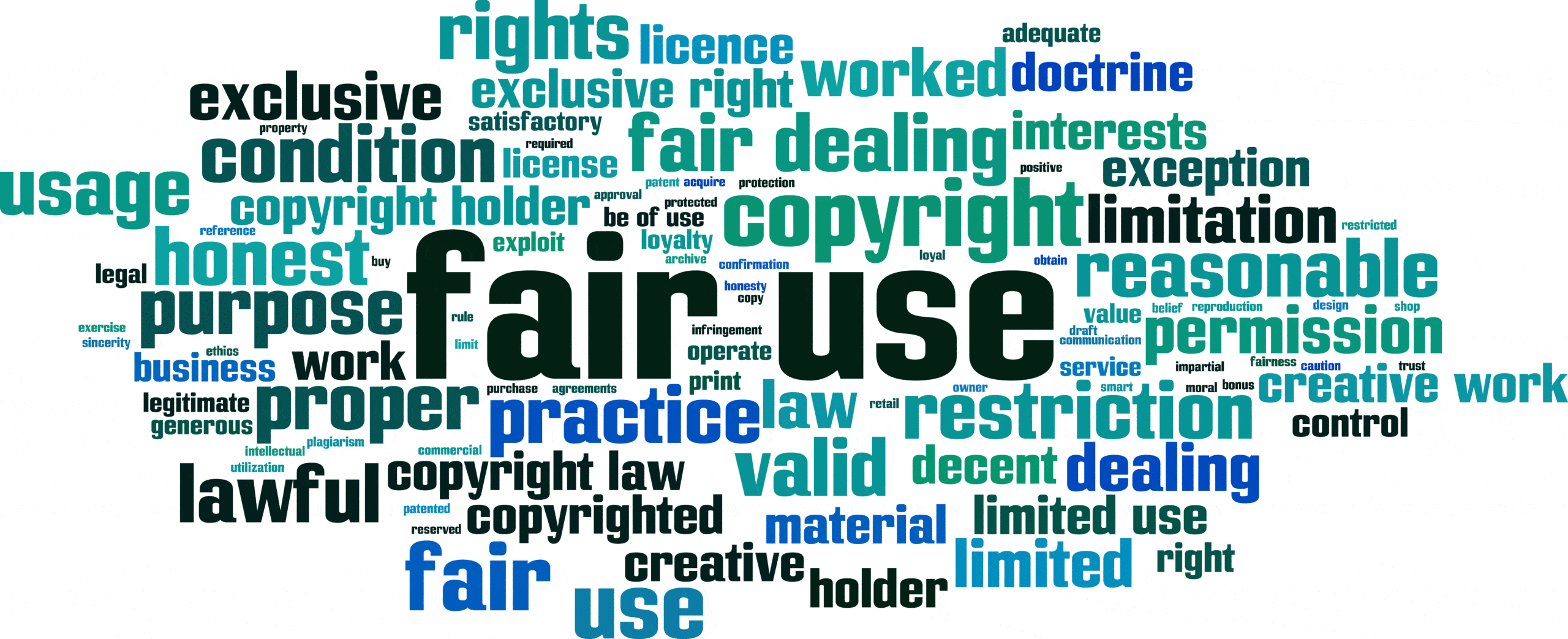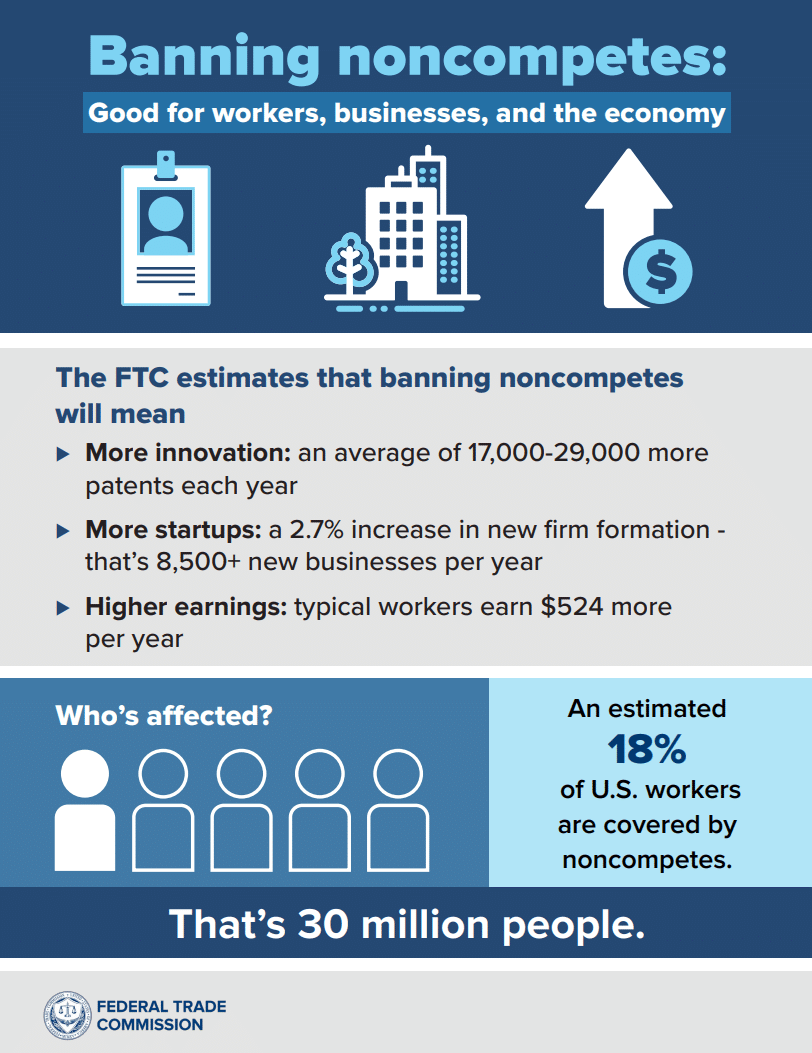Document retention and destruction is just one of the myriad of responsibilities a small business owner is juggling at any given time. And while keeping track of your documents might not be as thrilling as landing a new client or launching a product, it’s just as critical. Implementing a robust document retention and destruction policy is essential for legal compliance, operational efficiency, and protecting your business’ interests.
What is Document Retention?
Document retention refers to the practice of retaining and managing records (both paper and electronic) for a defined period of time in compliance with regulations and business needs and then destroying those records in compliance with your established policies. These records can include anything from financial documents and contracts to emails and employee records. The retention period will vary depending on the legal or regulatory requirements associated with a particular type of document and/or the business justification for retention.
In a nutshell, document retention ensures you keep the necessary records for as long as required, but not longer. And that you don’t keep records you don’t need. It’s like Marie Kondo-ing your business: keep what you need, get rid of what you don’t, and make sure everything has its place.
Why is Document Retention Important?
The first thing you may be thinking is: “Why should I even care?” Some folks will be in camp “keep everything” (the hoarders) thinking if they never get rid of anything, they’ll always have what they need. Finding it is another issue. Other folks are in camp “delete it all” (the minimalists) because they see no business reason for retention. Either camp can quickly have you stumbling into a legal landmine. And the best practices fall somewhere in the middle of these two camps. The primary reasons for giving careful consideration to your document retention policies include:
1. Legal Compliance.
Different types of documents have different legal retention requirements. Keeping documents for the right amount of time ensures you’re compliant with laws and regulations. Not complying can lead to hefty fines or legal trouble. And no one wants a surprise visit from the IRS or an angry client.
2. Operational Efficiency.
Clutter hinders productivity. Proper document management helps streamline operations. You can find what you need quickly, make informed decisions, and avoid the chaos of misplaced or lost documents. How many hours a week do you currently waste searching for a specific document on your computer? Or scanning through emails to find the one where your client said what they need included in their next quote? Or sifting through piles on your desk?
3. Protecting Your Interests.
In the event of disputes or litigation, having the right documents can be the difference between winning or losing a case. They serve as evidence to support your position. Think of your documents as your business’s receipts – you need them to prove your case. On the other hand, having a bunch of documents you don’t need (and maybe haven’t needed for years) can exponentially increase your discovery costs in litigation and increase your risk of exposure in the event of a data breach. But destroying documents without a strategic retention and destruction policy can also run you into legal issues if those documents later prove to be relevant to a legal case. If you are aware of litigation or the potential of litigation, you should cease destroying documents immediately (known as a “litigation hold”) until the issue is resolved.
4. Cost Management.
Storing documents can be expensive, especially if you’re holding onto unnecessary records. A good document retention policy helps you keep storage costs in check by purging outdated documents. Ditto for the discovery costs mentioned above. The less outdated, unneeded documents you store, the less your discovery costs will be.
What Types of Documents Does This Cover?
As a small business owner, you’re likely creating, receiving, and maintaining a wide variety of documents. Here’s a quick rundown of the usual suspects:
1. Financial Records.
Invoices, receipts, bank statements, tax returns, and payroll records. These are the lifeblood of your business’s financial health.
2. Legal Documents.
Contracts, agreements, leases, and insurance policies, Articles of Organization or Incorporation, Operating Agreements. These documents keep your business legally protected and ensure you’re operating within the bounds of the law.
3. Employee Records.
Employment contracts, performance reviews, timesheets, and payroll information. Keeping these documents organized is essential for managing your workforce.
4. Client and Vendor Information.
Contracts, correspondence, and project details. These documents help maintain healthy relationships with your clients and suppliers.
5. Operational Records.
Business plans, meeting minutes, marketing materials, and inventory lists. These documents keep your business running smoothly and strategically.
While this list is far from comprehensive, it gives you a good start to thinking about what documents you may have.
Next Steps
Come back next week when we dig into how to start creating your own document retention policy. Need more help? Check out the Wise Owl Academy where we have a training and a template for creating your own document retention policy!










